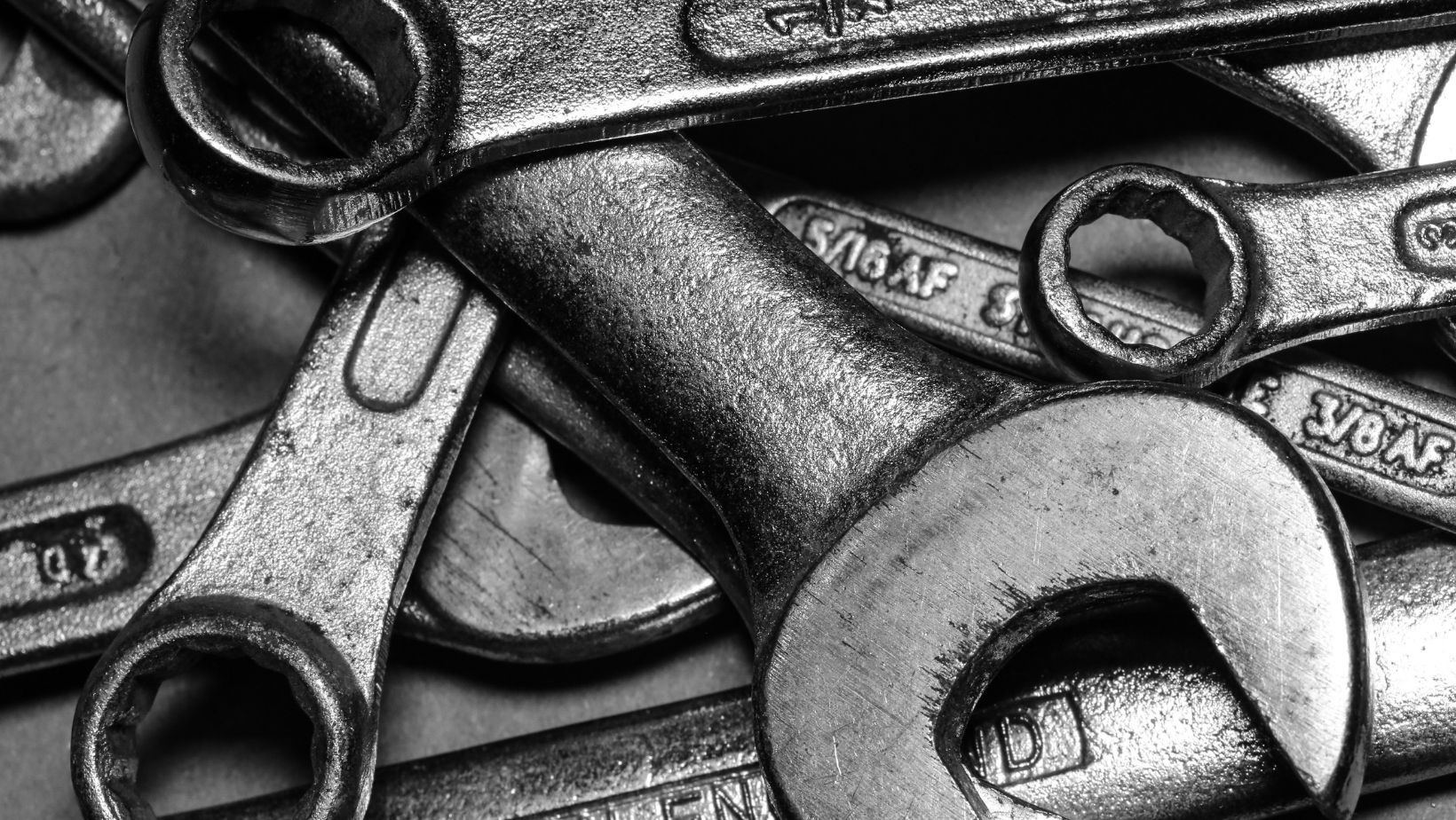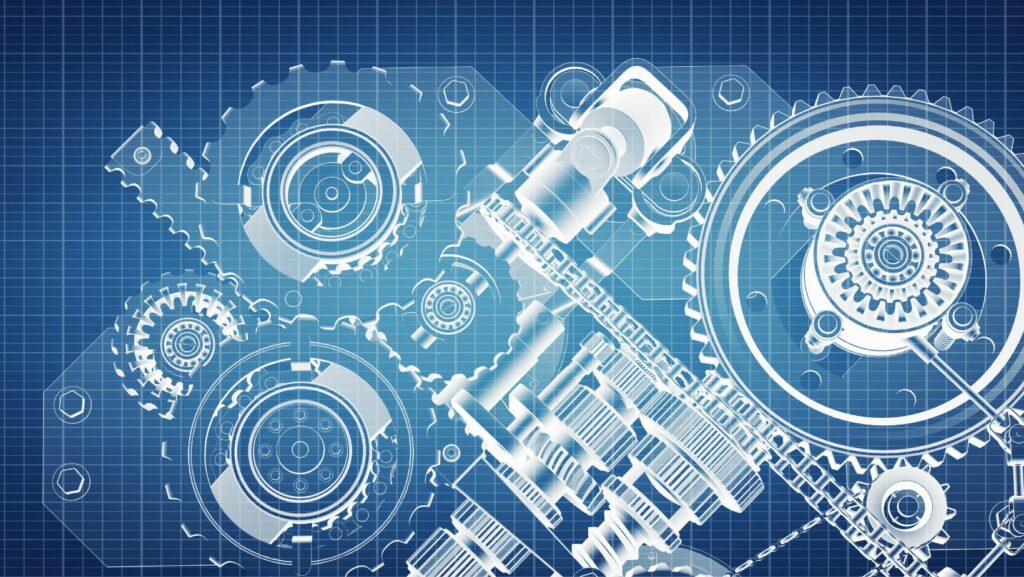Key Takeaways
- Distinct Roles: Technicians focus on diagnostics and electronic systems, while mechanics handle hands-on repairs and maintenance tasks.
- Education and Training: Technicians usually complete specialized programs with ASE certifications, while mechanics often gain practical experience through apprenticeships and vocational training.
- Skill Sets: Technicians are adept at using advanced diagnostic tools, whereas mechanics excel in physical repairs and maintenance of mechanical components.
- Growing Job Market: Employment for automotive technicians and mechanics is projected to grow by 4% from 2021 to 2031, driven by increasingly complex vehicle technologies.
- Specialization Opportunities: Both technicians and mechanics can advance their careers by specializing in areas such as diagnostics, hybrid vehicles, or performance modifications.
- Collaboration: Technicians and mechanics often work together, combining their unique skills to provide comprehensive vehicle care and maintenance.
In the world of automotive care, the terms “technician” and “mechanic” often spark confusion. While both play crucial roles in keeping vehicles running smoothly, their responsibilities and skill sets differ significantly. Understanding these distinctions can help car owners make informed decisions about who to trust with their vehicle maintenance and repairs.
Technicians typically focus on diagnostics and electronic systems, utilizing advanced technology to pinpoint issues. On the other hand, mechanics are more hands-on, performing repairs and maintenance tasks. As vehicles become increasingly complex, knowing when to consult a technician versus a mechanic can save time and money, ensuring that cars receive the right care at the right time.
Technician Vs Mechanic
Technicians and mechanics serve distinct roles in automotive care. Technicians primarily focus on troubleshooting and diagnosing vehicle issues. They utilize advanced tools and technology, such as diagnostic scanners and computerized systems, to detect problems in electrical and electronic components. Their expertise lies in understanding complex systems, making them vital for modern vehicles that rely heavily on technology.
Mechanics, on the other hand, specialize in physical repairs and maintenance tasks. They handle hands-on work, such as replacing parts, performing oil changes, and conducting routine inspections. Mechanics often possess extensive knowledge about various engine types, drivetrains, and other mechanical systems. Their skills enable them to address tangible wear and tear, ensuring vehicles remain functional and safe.
Understanding these roles helps car owners choose the right professional for their needs. For diagnostic challenges, technicians are the go-to experts, while mechanics excel in executing repairs. This knowledge can lead to more efficient vehicle maintenance, ultimately benefiting the car owner by saving time and expenses.
Key Differences Between Technicians and Mechanics

Technicians and mechanics play distinct roles in automotive care. Understanding their differences helps car owners choose the right professional for their needs.
Education and Training
Technicians usually complete specialized training programs that emphasize diagnostic skills and modern technology. Many technicians hold certifications from organizations like the National Institute for Automotive Service Excellence (ASE), which validate their expertise in electronic systems. Mechanics often receive practical training through apprenticeships or vocational programs. They may also obtain ASE certifications, focusing on manual skills and mechanical knowledge.
Job Responsibilities
Technicians primarily focus on diagnosing vehicle issues using advanced tools such as diagnostic scanners and software. They analyze electronic systems and troubleshoot problems effectively. Mechanics concentrate on hands-on repair and maintenance tasks. Their responsibilities include replacing parts, performing routine inspections, and conducting various repair services. Technicians and mechanics often collaborate to ensure vehicles receive the proper care and attention needed for optimal performance.
Skills Required for Technicians and Mechanics
Technicians and mechanics require a distinct set of skills to excel in their respective roles, focusing on both technical and interpersonal abilities.
Technical Skills
- Diagnostic Proficiency: Technicians utilize advanced diagnostic tools, such as scanners and software, to identify complex electronic issues rapidly. Mechanics leverage mechanical expertise to inspect and repair physical components.
- System Knowledge: Technicians possess in-depth knowledge of computerized systems that govern modern vehicles, including engine management and safety systems. Mechanics understand traditional mechanical systems, enabling them to perform routine maintenance and repairs effectively.
- Repair Techniques: Technicians perform software updates and calibrate electronic parts. Mechanics execute hands-on repairs, including replacing worn-out components and conducting thorough inspections.
- Tool Familiarity: Technicians are skilled in utilizing high-tech equipment for diagnostics, while mechanics are adept with hand tools, power tools, and machinery for repairs.
- Problem-Solving Abilities: Technicians think critically to troubleshoot intricate issues, while mechanics apply logic to solve mechanical problems during repairs.
- Communication Skills: Technicians convey technical information clearly to customers and team members. Mechanics communicate repair needs and educate vehicle owners about maintenance.
- Attention to Detail: Both technicians and mechanics exhibit strong attention to detail, ensuring accurate diagnostics and high-quality repairs to enhance vehicle functionality.
- Team Collaboration: Technicians and mechanics often collaborate to address complex vehicle problems, contributing their unique expertise to achieve optimal results.
Career Opportunities and Advancement

Career opportunities exist in both technician and mechanic roles, with different paths for advancement. The job market continues to evolve with technological advancements in the automotive industry.
Job Market Outlook
The job market for automotive technicians and mechanics remains robust. According to the U.S. Bureau of Labor Statistics, employment for automotive service technicians and mechanics is projected to grow by 4% from 2021 to 2031. The increasing complexity of vehicles necessitates skilled professionals capable of handling advanced technologies. This growth leads to a consistent demand for both technicians and mechanics in a variety of settings, including dealerships, repair shops, and independent garages. Emerging technologies such as electric vehicles and hybrid systems create additional opportunities for specialized training and employment.
Specializations Within the Field
Specializations provide avenues for career advancement within the technician and mechanic roles.
- Diagnostic Technicians: Focus on electronic systems and troubleshooting, requiring advanced certification in diagnostics.
- Hybrid and Electric Vehicle Technicians: Specialize in the unique systems of hybrid and electric vehicles, necessitating specialized training.
- Heavy Equipment Mechanics: Work on larger machinery in construction, agriculture, or transportation, expanding their mechanical skills to larger systems.
- Performance Mechanics: Concentrate on modifying vehicles for speed and performance, often engaging in custom builds and tuning.
Each specialization requires specific training and certifications, contributing to professional growth and potential for higher earnings within the field.
Effective Vehicle Care
Understanding the distinctions between technicians and mechanics is crucial for effective vehicle care. Each role plays a vital part in maintaining and repairing modern automobiles. Technicians focus on diagnostics and electronic systems while mechanics handle hands-on repairs and maintenance.
As vehicles become increasingly complex, the need for both skilled technicians and mechanics will continue to grow. Car owners benefit from recognizing these roles, ensuring they seek the right expertise for their vehicle’s needs. With a robust job market and opportunities for specialization, both technicians and mechanics are well-positioned for a successful future in the automotive industry.

